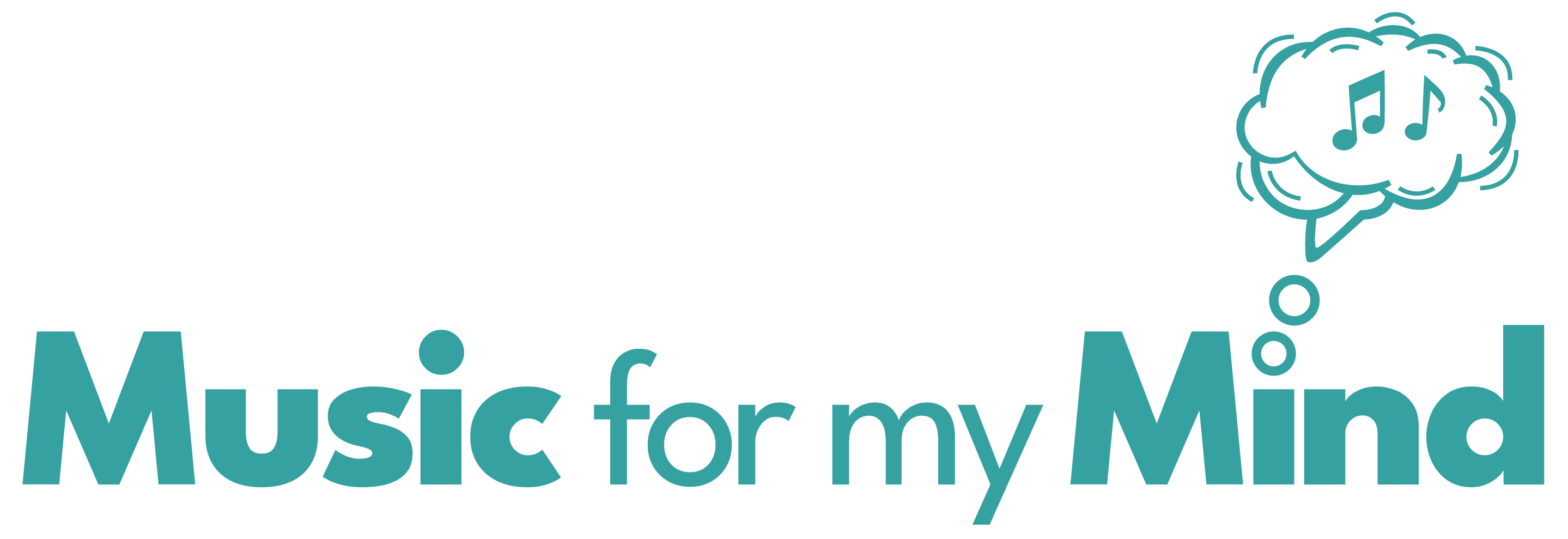Recent technological developments from the field
As a technology-driven charity, we are excited when we read about all the technological advancements being implemented in the health system and into care, particularly for people living with dementia. We believe that utilising existing technology pieces to improve the quality of life for people with dementia is what the future of care should be.
We’d like to share with you some notable news stories from this field.
– According to the Business Insider, the market for tech products for ageing Baby Boomers is expected to reach $20 billion by 2020. Digital technology is becoming more and more accessible to older people and no longer only aimed at benefiting younger users. Some of the technologies highlighted in the article include robot companions, smart speakers, location trackers, on-demand care service and life-like pets.
Read the full story here: https://www.businessinsider.com/tech-products-for-aging-baby-boomers-patients-with-dementia-2019-1?r=UK.
– It’s been known that reminiscence therapy has many beneficial effects for people with dementia. The ability to immerse yourself in a familiar place and relive precious memories, is exactly what Dorset-based care and support provider Tricuro offers to people with dementia, through Virtual Reality. Day Service Officer Mika Davis said: “When you’ve got a disability, particularly like dementia it closes so many doors and I don’t think people’s pasts should be one of those doors that’s closed.” This experience also allows for a closer connection and bonding between the care home staff and their residents.
For the full story: https://www.wessexfm.com/news/dorset-news/2791314/how-vr-techs-helping-dorset-dementia-patients-share-their-pasts/.
– The power of new technology has also been harnessed in research and diagnosing early stages of Alzheimer’s disease. A research at the University of California San Francisco is working with artificial intelligence to detect very subtle changes in levels of specific molecules in the brain, surpassing the time a clinical diagnosis can be made by six years. “One of the difficulties with Alzheimer’s disease is that by the time all the clinical symptoms manifest and we can make a definitive diagnosis, too many neurons have died, making it essentially irreversible,” says Jae Ho Sohn, MD, MS, a resident in the Department of Radiology and Biomedical Imaging at UC San Francisco. This new method can help diagnosing Alzheimer’s early on, giving the possibility to administer treatments that can help stem the condition’s progression.
For the full story, click here: https://www.ucsf.edu/news/2018/12/412946/artificial-intelligence-can-detect-alzheimers-disease-brain-scans-six-years.


